Parents Who Raised Their Kids In Multiple Countries Are Sharing How It Affected Their Lives And What They Noticed About Their Kids
It's really worth sharing these standout examples. Here are a few of the most impressive ones:
1. We reside on a secluded island where our children have the freedom to ride bicycles to school on their own, and they often spend time with friends in the afternoons. Compared to their American peers of the same age, our kids appear more carefree and seem to be less fixated on material possessions. Additionally, they are fluent in two languages.

2. Living overseas has brought us a sense of peace and calm. We no longer have to worry about the stress of active shooter drills, or the constant fear of violence that comes with a heated election season. Our child has also inherited an adorable mixed accent, and their global perspective on life has broadened significantly.

3. I have a mixed cultural background - my mother is Japanese and my father is German. I spent my formative years in Japan before moving to Germany for high school. My multilingualism is something I take pride in, having a good grasp of three languages, but it sometimes made me feel like a stranger in both cultures.

Some Japanese individuals have a strong affinity for Europe, while others tend to feel less enthusiastic about it once they've had the chance to visit. I however, have a special fondness for London, which I find captivating due to its diverse cultural landscape, and so do I along with my husband.
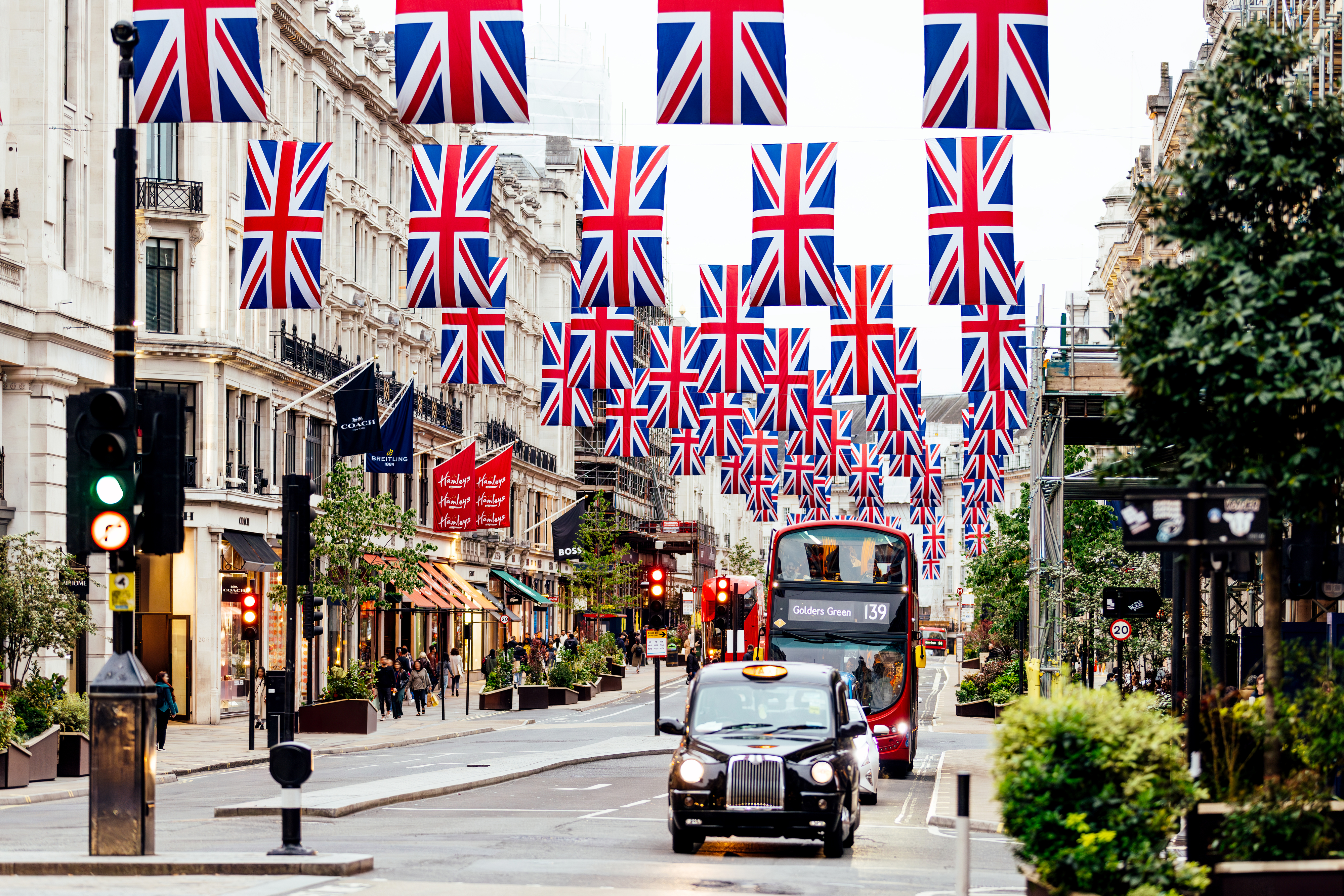
4. Sounds amazing every single day.
5. Parents from other countries generally take a more laid-back approach. They don't get overly anxious when their kids are out of sight, and they expect local residents to keep an eye on the kids. Additionally, they are less cautious about potential stranger dangers and instead expect their children to be more independent and accountable for themselves.
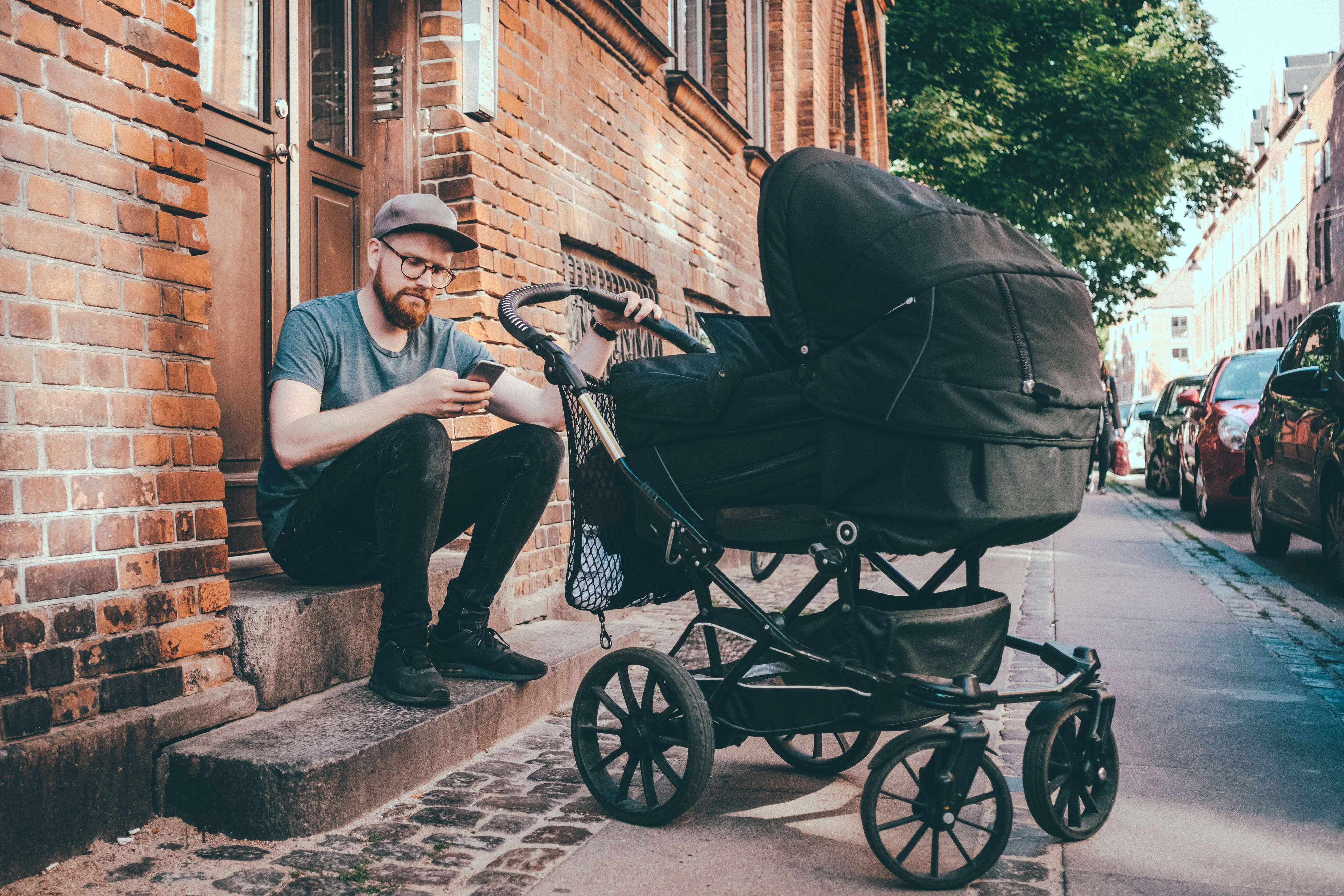
6. Adjusting to a completely foreign educational environment can be a real struggle. We often find ourselves in the dark about what to anticipate or how to prepare, so we frequently turn to our local acquaintances for guidance and insider information.

7. My family and I reside in Denmark, and the country offers such a secure environment for our little ones, it's quite remarkable. The kids can freely play outside without a care in the world. It's almost as if it's a scene from a fairytale. My children always look forward to visiting the candy store after school, where they can use their allowance to treat themselves to their favorite sweets.

8. We relocated to a foreign country when our kids were 5 and 7 years old, having previously resided in the US. Our new home turned out to be delightful and the school the children attended was very welcoming; our kids were quick to learn the local language and customs.

9. I'm wondering if this is something specific to public or private schools, but in my case, I attended public schools in the Midwest. I worked hard, pursued a successful career, started my life, met the person I eventually married. My job led us to Denmark, where we're now raising our son, who is our only child so far.
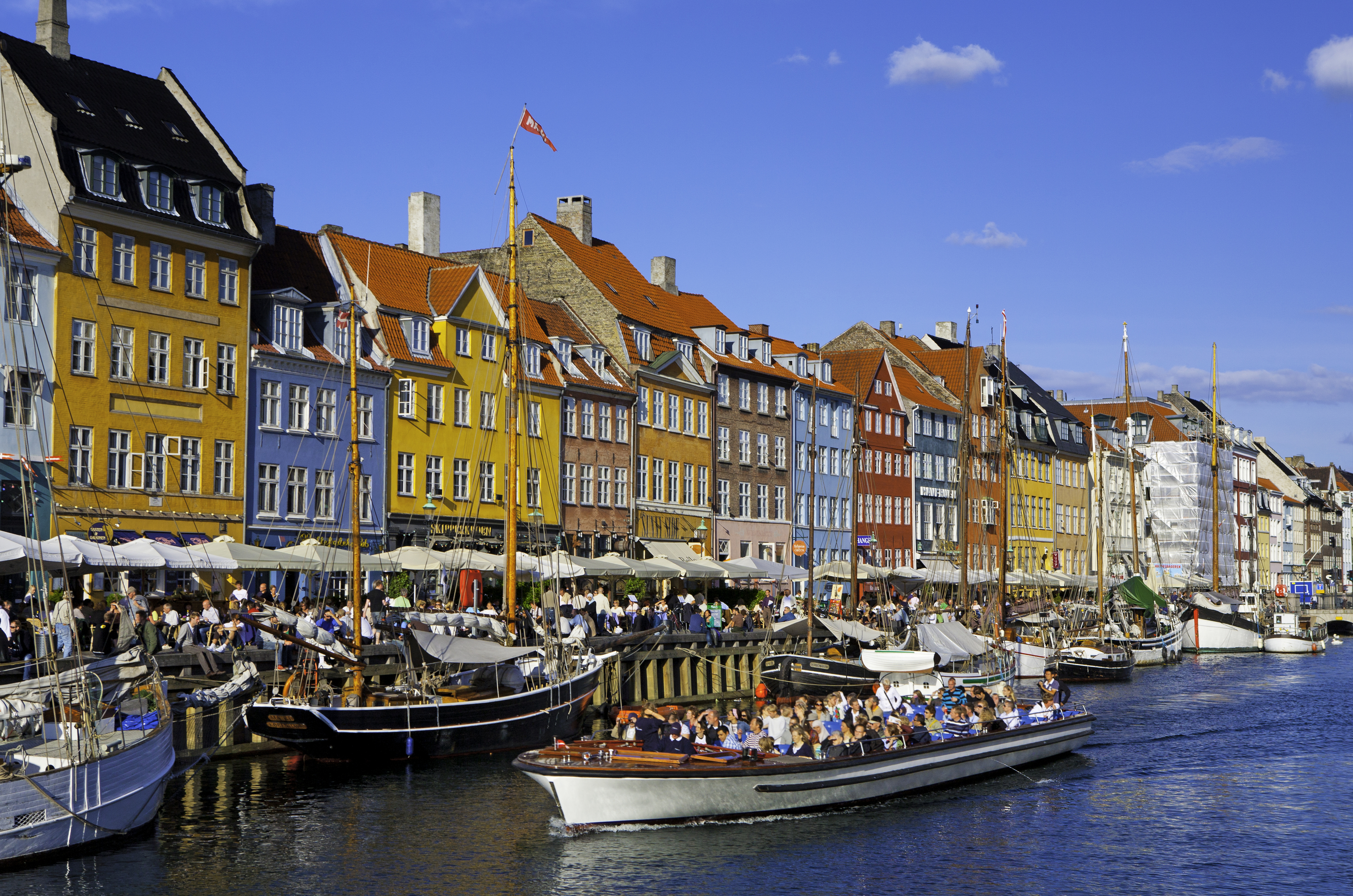
I've observed that the core of education that occurs here fundamentally shapes a distinct outlook on life, almost like a different perspective or even a new lens through which to view the world.

10. My wife is from Sweden, while I'm from Canada, where I also spent part of my life in Michigan. I met her in school. Nowadays, I don't have a close family living nearby as my mom passed away about 11 years ago, my sister lives far away in another part of the country, and my dad has a girlfriend and is socially active. Following these developments, my wife and I decided to move to Sweden.
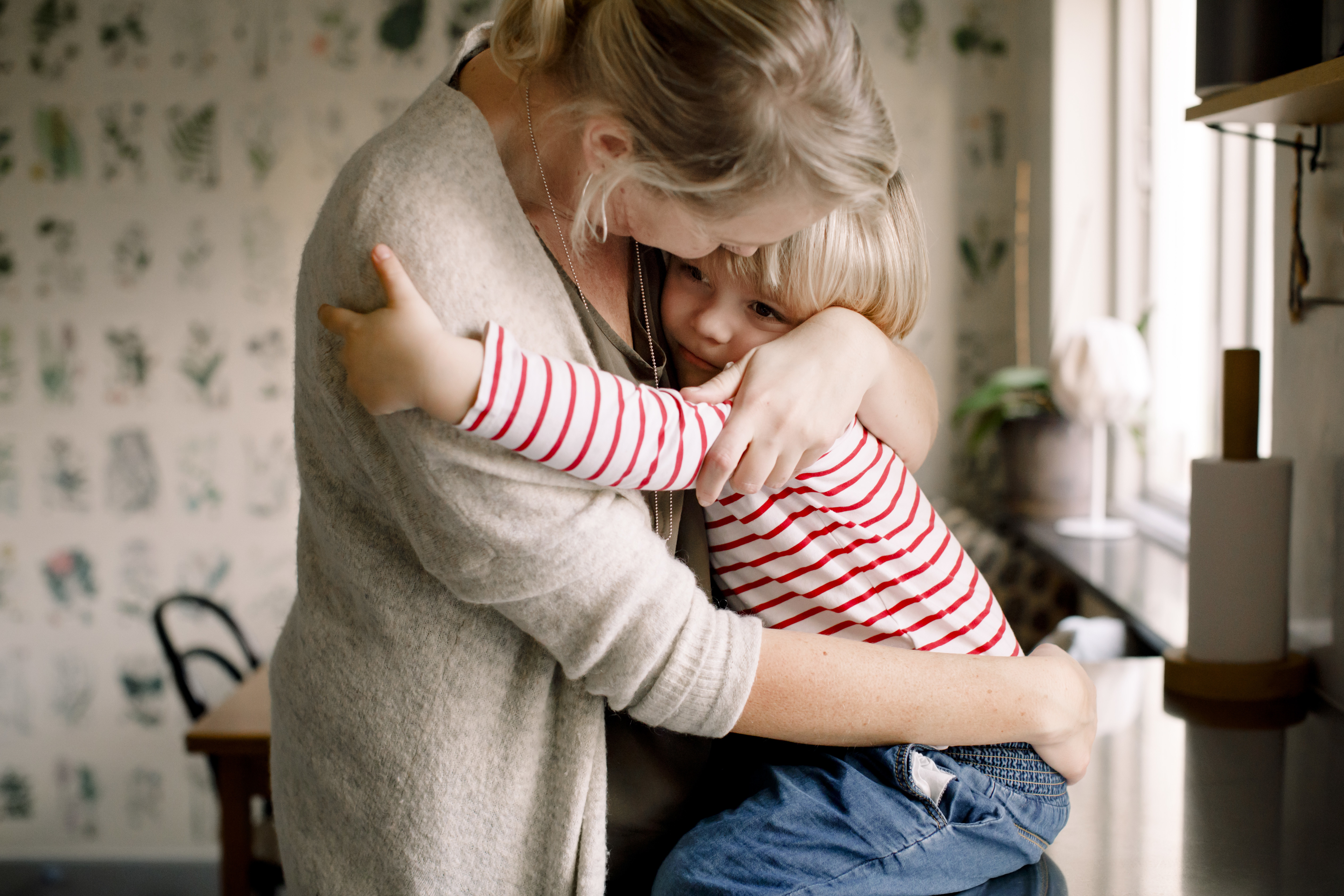
I strongly believe that Sweden offers a more supportive environment for new mothers compared to North America. I had a first-hand experience with this when I flew to visit my sister after the birth of her first child, about four years ago. The contrast between her experience and my wife's was striking.
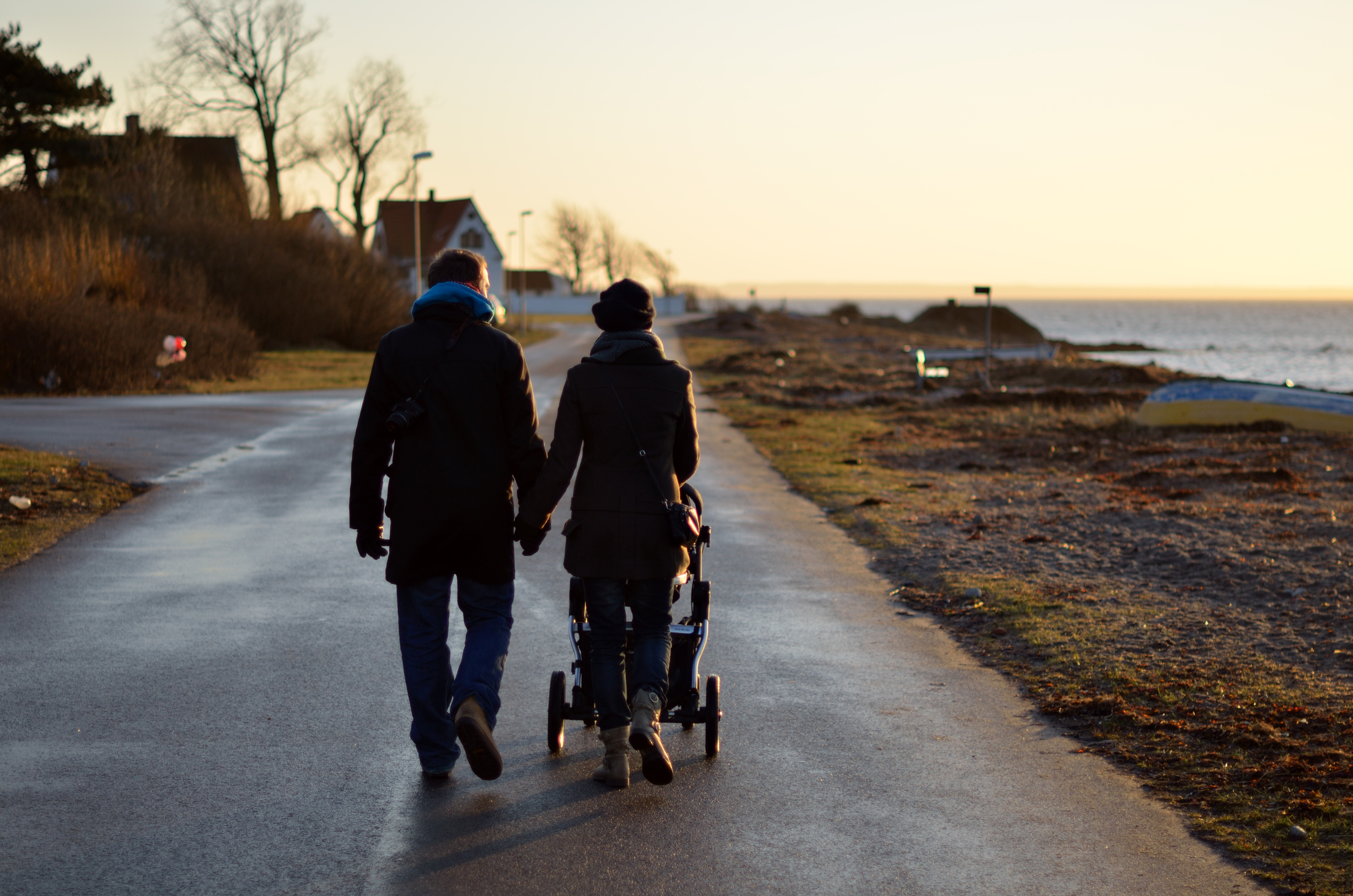
11. I grew up in an immigrant family in a largely uniform community in the United States. Living in that environment, I encountered various difficulties during my upbringing. There was a notable lack of understanding and awareness in my hometown, and unfortunately, it was particularly evident among preteens in middle school, where racist attitudes were not uncommon.

12. A mother who relocated from the UK to Massachusetts has expressed she has no intention of returning to her home country.

Getting wealthy doesn't necessarily mean someone will be considered part of the upper class.

Folks, the US is, by and large, the only nation you're familiar with. Given its vast size, it's no surprise that's the case! I completely understand the drive to improve and acknowledge the imperfections within your country.
I highly suggest considering that one major issue with your perspective is that you tend to perceive the flaws of other cultures through a distorted lens, often idealizing them and assuming that America is singularly at fault.
For all its imperfections and difficult moments, this nation is among the most forward-thinking when it comes to equality.
—Anna
Other subreddits also commented on similar topics, which were quite informative to me.
13. ."

14. We're American expats who have been living in Germany for five years now. Our two sons, who were 3 and 1 when we first moved here, are growing up and are now 8 and 6 years old. Our daughter, who was born here, just celebrated her third birthday last week.

15. It's quite enjoyable, I assure you. Observing them as they grow and develop is fascinating. Not only that, but they rapidly begin correcting your pronunciation, and quite frankly, I'm not one to dispute the refinements provided by native speakers.
16. I feel incredibly fortunate to have kids who share half of my cultural background and half of my adopted country's influence. They've got a wonderful balance of both worlds, and it's amazing to see how well they adapt to both our home and our current country. Whether we're visiting where I grew up or returning to our current home, they always seem to thrive and be happy.
—
17. I'm a British person who lives in France, and I also have Asian heritage. My son was born here in France, but his father is British, so he spends quality time in the UK about three times a year. As a result, he's very comfortable with British customs and has a great command of the English language without any noticeable French influence.

18. My child no longer feels at home in our native country, and I must admit, I feel the same way myself. He has mastered the language, but it's not enough to give him the sense of belonging. Despite our efforts to share our cultural heritage with him, he appreciates it from an outside perspective, rather than as something he's a part of.

19. Ultimately, "My kids are unmistakably my own, regardless of their limited proficiency in my native language and their different nationality. Their unique characteristics, behaviors, and many other aspects of their personality clearly indicate that they are my children."

We'd love to hear your thoughts in the comments below! Especially from expat parents and children, your experiences and opinions are especially valuable. If you'd prefer to share anonymously, you can do so by visiting this link.
Your response may potentially be featured in an upcoming article.
However, I don't see any text provided. Please share the text you'd like me to paraphrase, and I'll be happy to assist you.
Post a Comment for "Parents Who Raised Their Kids In Multiple Countries Are Sharing How It Affected Their Lives And What They Noticed About Their Kids"